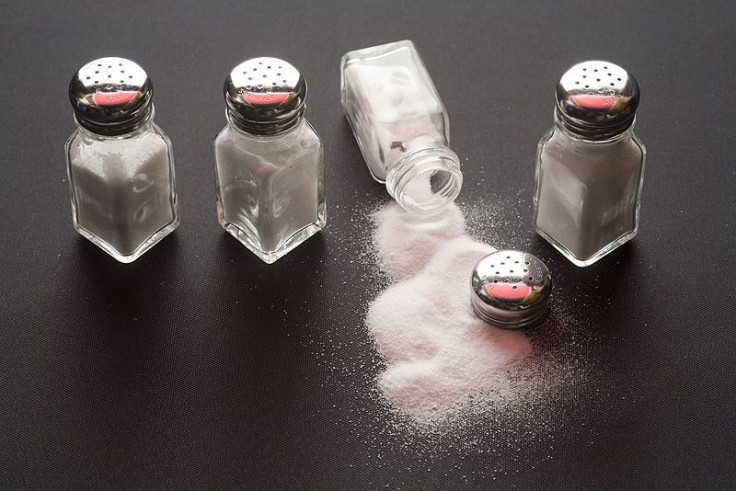People With High Blood Pressure May Crave Salt

High blood pressure has already been linked to a diet that was high in salt, but new research shows that these people could be in salt's grasp, and they don't even know it, according to HealthDay News.
The researchers asked a small group of 44 seniors, averaging 73 years old, and including 16 people with normal blood pressure, to eat three pieces of French bread with varying amounts of salt on them. They found that 68 percent of participants with high blood pressure, or hypertension, preferred the saltiest pieces, while only 31 percent of those with normal blood pressure chose them.
The participants returned 15 days later for a second round of tests in which they were given salty pieces of bread with other seasonings added. Only 14 percent of patients with high blood pressure enjoyed the saltiest bread while none of the people with normal blood pressure preferred it.
The research was done in order to assess if people with high blood pressure were naturally drawn to salt, making them more prone to having the condition.
"This is difficult to answer, but I believe that the genetic factor to salt appetite can be the beginning of the process," Patricia Villela, a nutritionist, doctoral student at the university, and the study's author, said. "I was surprised by the fact that added seasonings may have changed the preference of the elderly, decreasing [their] appetite for salt."
The study was conducted by researchers at the University of Sao Paolo in Brazil, and was scheduled to be presented today at the annual meeting of the American Society of Hypertension in San Francisco. Research presented at scientific conferences has typically not been peer-reviewed or published, according to HealthDay, and results are considered preliminary.
Dr. Domenic Sica, a president-elect of the American Society for Hypertension, believes that the findings could have been influenced by the small number of people who participated, especially the "surprising" amount of people whose salt preference fell during the second part of the surgery.
Salt is just one of the many causes of high blood pressure which affects 67 million, or one in three, American adults, according to the Centers for Disease Control and Prevention, and the National Institutes of Health say that it will also increase a person's chances of having a stroke, heart attack, heart failure, kidney disease, and early death.
There have been a number of reasons people could be addicted to salt.
According to CNN, studies have found that babies whose mothers suffered from morning sickness had above-average salt appetites because their vomiting depleted sodium levels in the body and subsequently in the fetus.
They also suggest that because salt is part of our everyday diet, we've become accustomed to saltier food, and need to maintain that level in order to enjoy our meals and stay satisfied.
"We do develop a taste preference for salt," Gazzaniga Moloo, a spokesperson for the American Diabetic Association, told CNN. "It does have some properties that can make foods taste better. It can help neutralize foods' natural bitterness. That's oftentimes why sprinkling a little salt on vegetables for some people makes them taste better."
Still, DR. Sica pointed to previous studies which showed that there may be a genetic predisposition to craving salty foods, and said, "although there is no way of knowing who may have this predisposition, patients should know that it is important to avoid salt despite the cravings."
Published by Medicaldaily.com



























